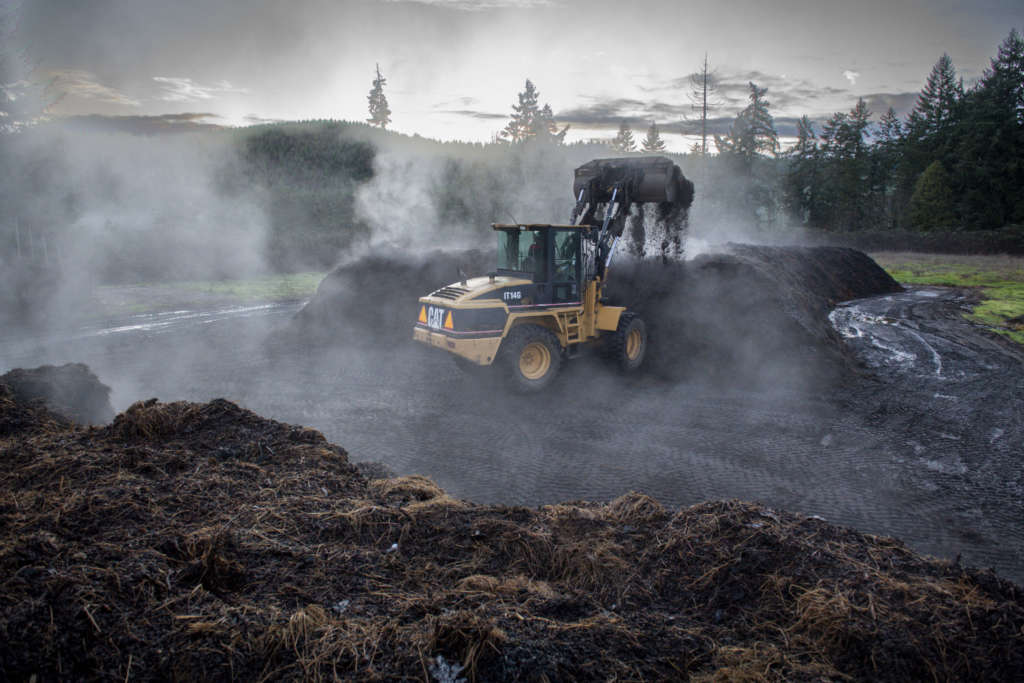We know red and white wine, of course, and even pink and (heaven forbid) orange. But green is coming on strong, which calls for a closer look.
King Estate was certified organic in 2002 and, in 2016, received Biodynamic® certification, making ours the largest Biodynamic vineyard in North America. So what is the difference between the certifications? And what about sustainable, natural or clean?
Only Biodynamic and organic certifications are overseen by regulatory bodies in the U.S.; other terms are less precise and often used more for marketing purposes. Here’s a quick overview:
Biodynamic:
Well established in Europe, where it originated, and growing in the U.S., the Biodynamic program is the only one that upholds the same rigorous standards worldwide. The hallmark of Biodynamic farming is creating a self-sustaining ecosystem through the use of natural fertilization preparations.

Organic:
Organic wine differs from “wine made with organic grapes” and must adhere to stricter regulations. The viticultural practices – prohibiting pesticides and synthetic fertilizers – are the same for both. Because truly organic wines are difficult to stabilize, this is a rare designation. Far more common is “wine made with organic grapes,” which permits some leeway in adding substances such as non-organic yeast or sulfites to the wine.
Sustainable:
The good news is that, unlike the following categories, use of the term “sustainable” is actually backed by multiple certifying agencies. The bad news is that it varies from state to state. In Oregon, for example, for a wine to promote itself as “sustainable,” it must comprise at least 97% certified fruit. In California, that threshold drops to 85%. Established in 2010, this designation is a relative newcomer to the eco-friendly wine field.
Natural:
Loosely defined, natural wine is made with minimal intervention, which may render it unstable with a shorter shelf life. Natural wines typically are not filtered or fined and may appear cloudy. Last year the French government adopted a formal charter for natural wine, which may eventually find its way to the U.S.
Clean:
The least defined of all, this designation falls into the “buyer beware” category. Because it means different things to different people and is unregulated, the term is essentially meaningless. It is often used as a marketing device and implies (without requirement of proof) that the wine is made with organic grapes with no added sugars, colors or chemicals.
Green:
Don’t even get us started; this is like clean only worse. Let’s just say that this term puts the “green” in greenwashing.
As the threat of climate change increases, King Estate is doubling down on our commitment to sustainability. Look for more planet-friendly changes ahead. If you have any other questions, please Contact Us.
